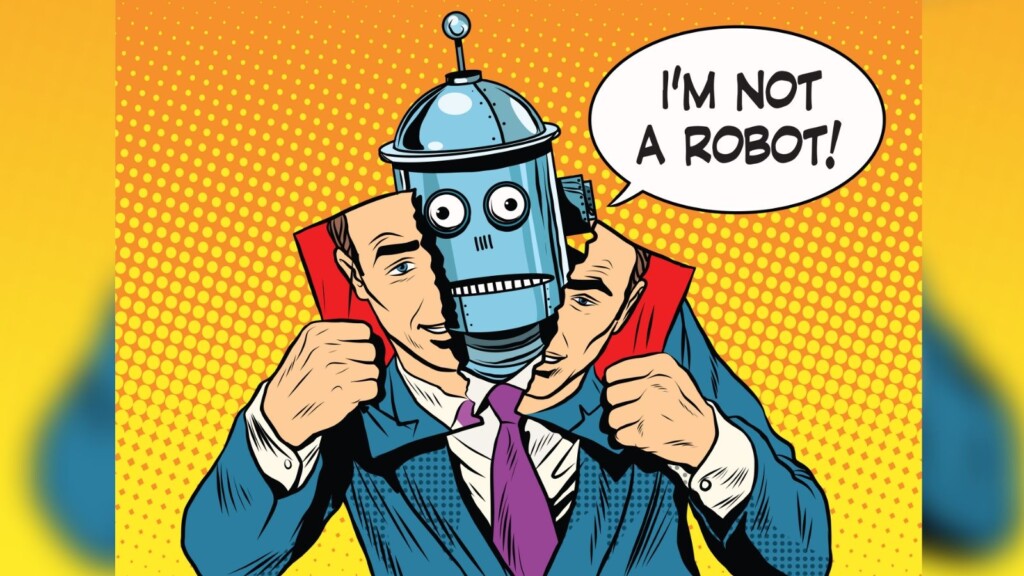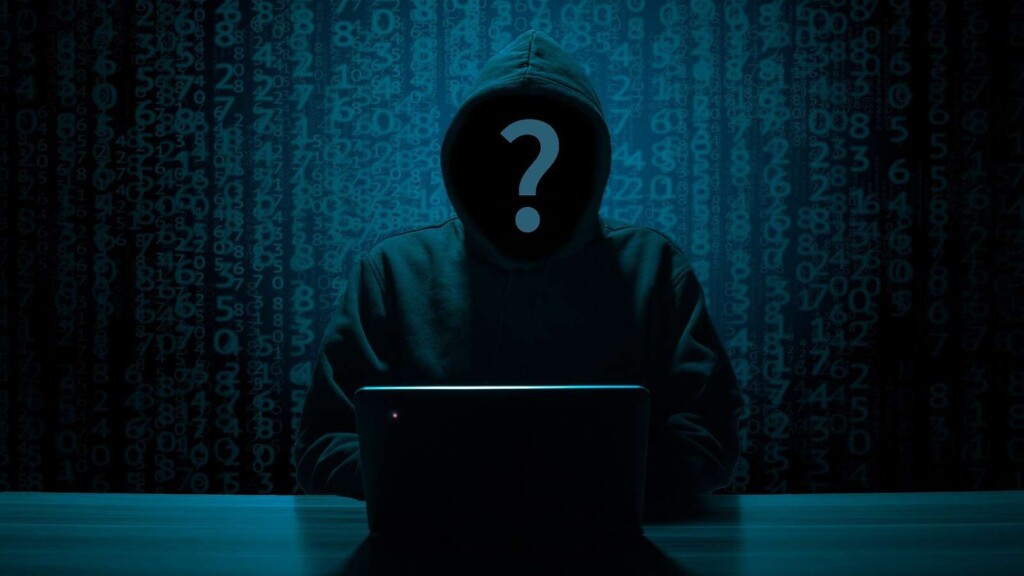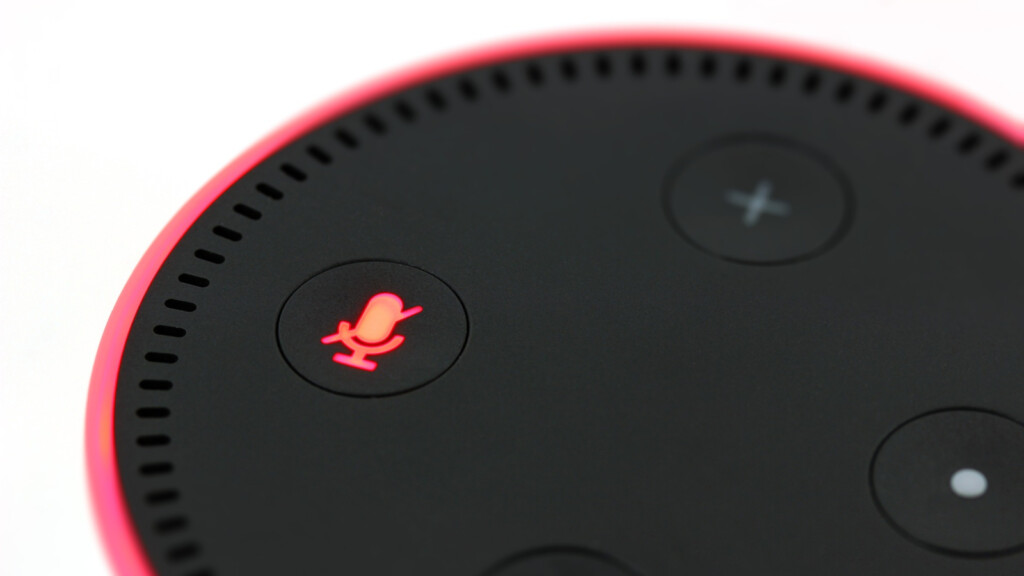
Future Government Surveillance Promises a Dark and Scary World
What's will future government surveillance be like? It's no secret that governments spy on their own citizens. It's been true for as long as there have been governments. Surveillance is an inevitable part of gathering the information needed to effectively govern a nation.
So many questions about the future of government surveillance aren't about whether we will have it or not. No, instead the question is what sort of surveillance will we face and how will it be balanced against privacy interests.
The Technologies of Your Nightmares
Already today there's been a sharp rise in the surveillance capabilities of governments. Large private sector corporations are becoming complicit when it comes to helping governments spy on their citizens. The new legislation is empowering the state in some parts of the world more than ever.
If things seem bleak, well they might very well be. Trying to predict the future of anything is always a risky exercise. Most predictions end up being wrong after all. Still, the way things are going, there are a few trends that seem likely to continue.
Automation Will Be The Key
One of the main reasons we've never seen truly dystopian levels of government surveillance is thanks to plain old human limitations. There are only so many analysts that the state can employ. They can only work for so many hours and on a limited number of cases.
Once you remove those human limitations on the nuts and bolts of surveillance, then it suddenly becomes cost-effective to watch everyone. Smart software that can recognize faces, understand natural language and find patterns in massive, complex data sets are going to become the primary tool of state control. It's already happening today and the tech is improving rapidly.
We'll Be Watching Each Other
In the past, people conceived of a "Big Brother" centrally monitoring everyone, along the lines of 1984 by George Orwell, which coined the term. It turns out that the future of surveillance might be one where there are millions of "little brothers" rather than one big brother.
Phenomena like social media have already shown how people can self-censor or how quickly people will look up past content of someone they don't like. Fellow citizens might actually be far more vindictive than any government ever could be.
On top of this, each person is carrying around plenty of technology that turns them into a roving surveillance station. At least potentially. So anyone who wants to protect their own privacy now also has to treat every other person who isn't privacy-conscious as a potential, if unwitting, government agent.
Profiling and Social Credit for All?
In the movie Minority Report, we see a future where the government has access to people who can see the future. They use this resource to stop people from committing crimes. Of course, this has massive ethical implications. The person in question never committed the crime. So they are guilty of something they never did. Just something the state believed they were going to do.
In the real world, as far as we know, there's no such thing as precognition. However, AI-powered predictive analytics might turn out to be pretty much the same thing. Using pattern analysis in massive data sets, governments will soon have the power to label the national security risk individuals pose.
The problem is that population patterns don't apply 100% to individuals. This means that inevitably some percentage of people will be wrongly labeled as potentially dangerous. That's an injustice, no matter how you spin it.
There's also the specter of social credit, similar to the system that China is already implementing. Here there's a gig-economy type system where people rate each other on their quality as citizens. If you fall in line with social mores and the powers that be, you get rewarded. If you don't quite fit in, you might find yourself without basic rights. Scary stuff indeed!
Invisible Surveillance
When it comes to the future technologies that the government will use our own devices as one source of surveillance. We already know of hacks targeting devices like webcams and smart TVs. It's reasonable to expect this to get worse as we integrate more smart devices into daily life.
Specialized surveillance drones are becoming smaller and smaller every day too. Cameras and microphones will be so small there'd be no way for the average person to detect them. The future we are heading for is one where the only healthy response is constant paranoia. The assumption that any given space is being monitored.
No Right to Be Forgotten
The EU has pioneered the idea that we have the right to be forgotten online. Human beings make mistakes and in most cases its hardly fair to sour someone's entire life and prospects for a few indiscretions. Yet already people are finding that the internet never forgets. Everything you have said online is stored somewhere.
In the worst future timeline, we may live in a world where every moment of your life has been crystallized into data that can be used to control you, punish you and ultimately take away your free will.
What Can Be Done?
The first step in dealing with a potentially unwanted future is defining the things you're afraid will happen. It's an uncomfortable exercise, but the monsters won't go away because you've put a blanket over your head.
The most important thing to remember is that governments consist of people. People can be reasoned with and held to account. There has never been a more important time to be involved in the creation of the laws and policies that will shape how surveillance works in the digital future. If you don't want to live in the world we describe above, it's time to get involved.
Let us know in the comments. Lastly, we’d like to ask you to share this article online. And don’t forget that you can follow TechNadu on Facebook and Twitter. Thanks!













